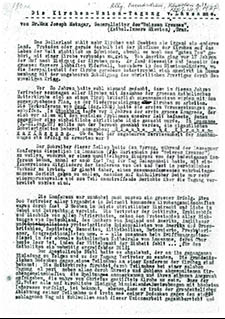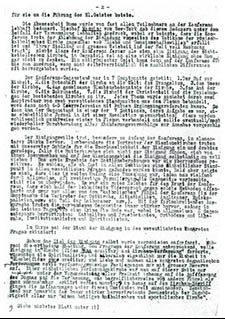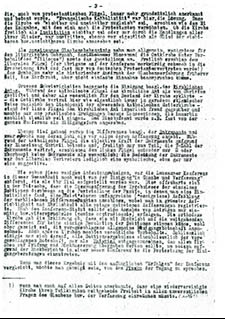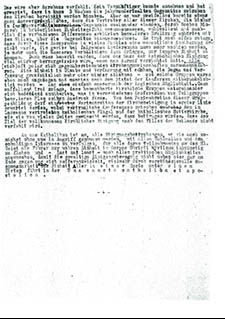Catholic International and Ecumenism
In the course of his work for peace and international reconciliation, Metzger spotted the movement’s weakness in its national fragmentation. In December of 1919, he therefore issued an appeal written in Esperanto to establish a Catholic International. Although this initiative met with little response, he continued promoting his idea of a World Peace League, now with anti-capitalist leadership (Völkerbund und katholische Internationale).
Consultations at the Esperanto congress in The Hague in 1920 led the “World Peace League of the White Cross” to merge with the “Internacia Katolika Unuigo Esperantista” in the “Catholic International”. It was intended to unite Catholics from all countries in all religious, cultural and social action by establishing the principles of the life and work movement and to work for peace (Die Katholische Internationale, 9f.).
As the director of the organization’s “international action center”, Metzger’s job was to maintain contacts to national committees and international sections. Metzger prepared the International’s Congress in Graz (1921) and Marburg (1922). At the third in Constance (1923) with over 300 attendees, the Catholic International was referred to as an international peace organization within the papal peace program.
Despite this success, Metzger resigned from the Catholic International since he did not believe he would be able to realize his goals in it and the Curia’s influence was growing. In the meantime, he had found a new sphere of activity and new allies for his social reform and peace work in the interdenominational “International Fellowship of Reconciliation” he had co-founded in 1919. Metzger spoke in Esperanto at its congress in 1923 in Nyborg (Denmark) where he appears to have also come into contact with Protestant theologians from Scandinavia for the first time.
In the ensuing years, Metzger organized a conference on “The Protestants and Us” in Graz where he appealed for interdenominational understanding. He was however only able to imagine the restored community of all Christians as “ecumenism of return”.
Given special approval, Metzger attended the “World Conference on Faith and Order” in Lausanne in 1927 as an observer. While he was unable to report on his impressions to the Vatican as he had hoped, he did so in several periodicals. He then propagated further steps to reunify the denominations, without seeing the sole solution in ecumenism of return. Instead, Metzger criticized Catholic self-satisfaction and urged openness toward other religious convictions.
Source / title
- © Archiv des Christkönigs-Instituts, Meitingen




